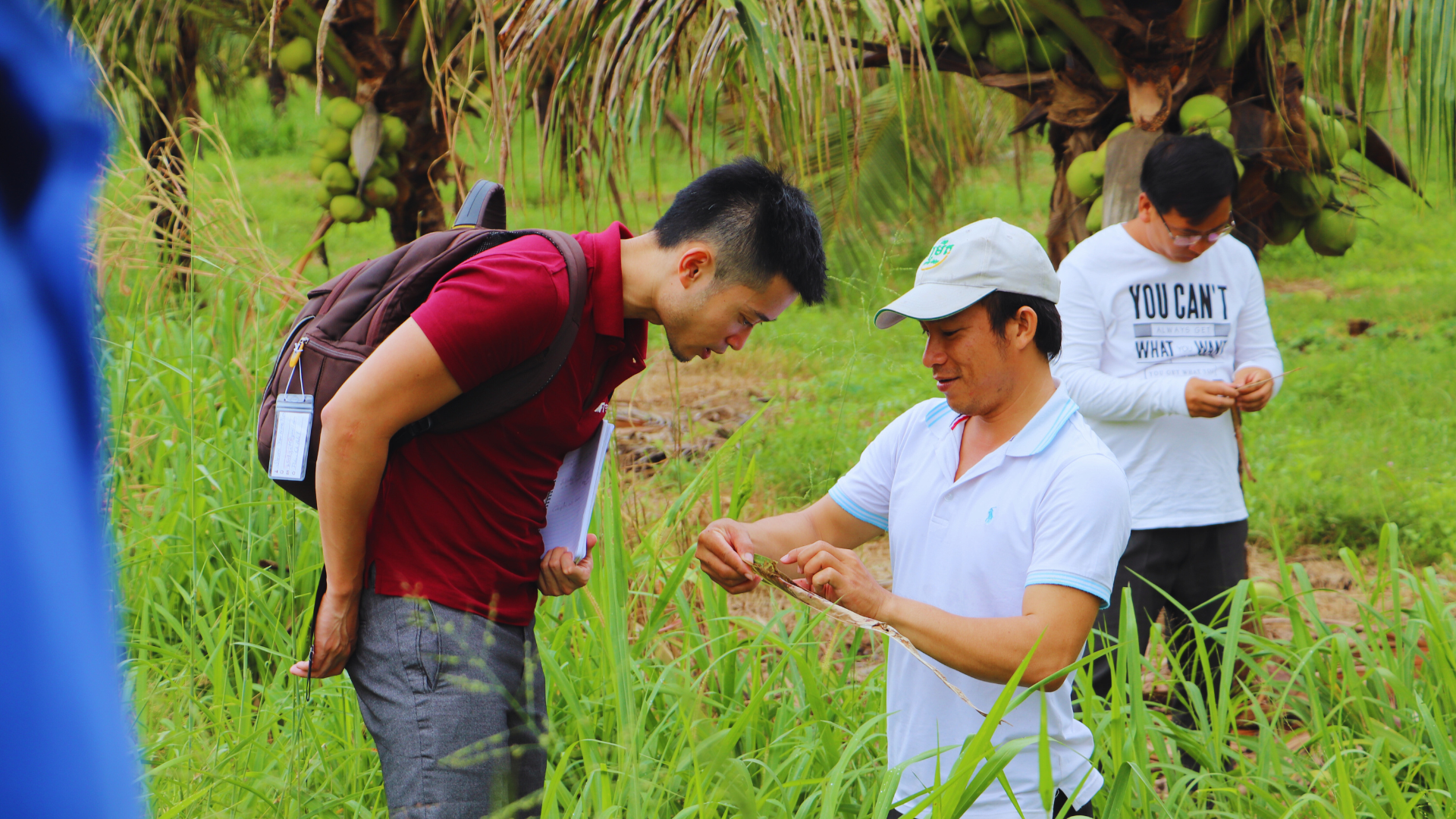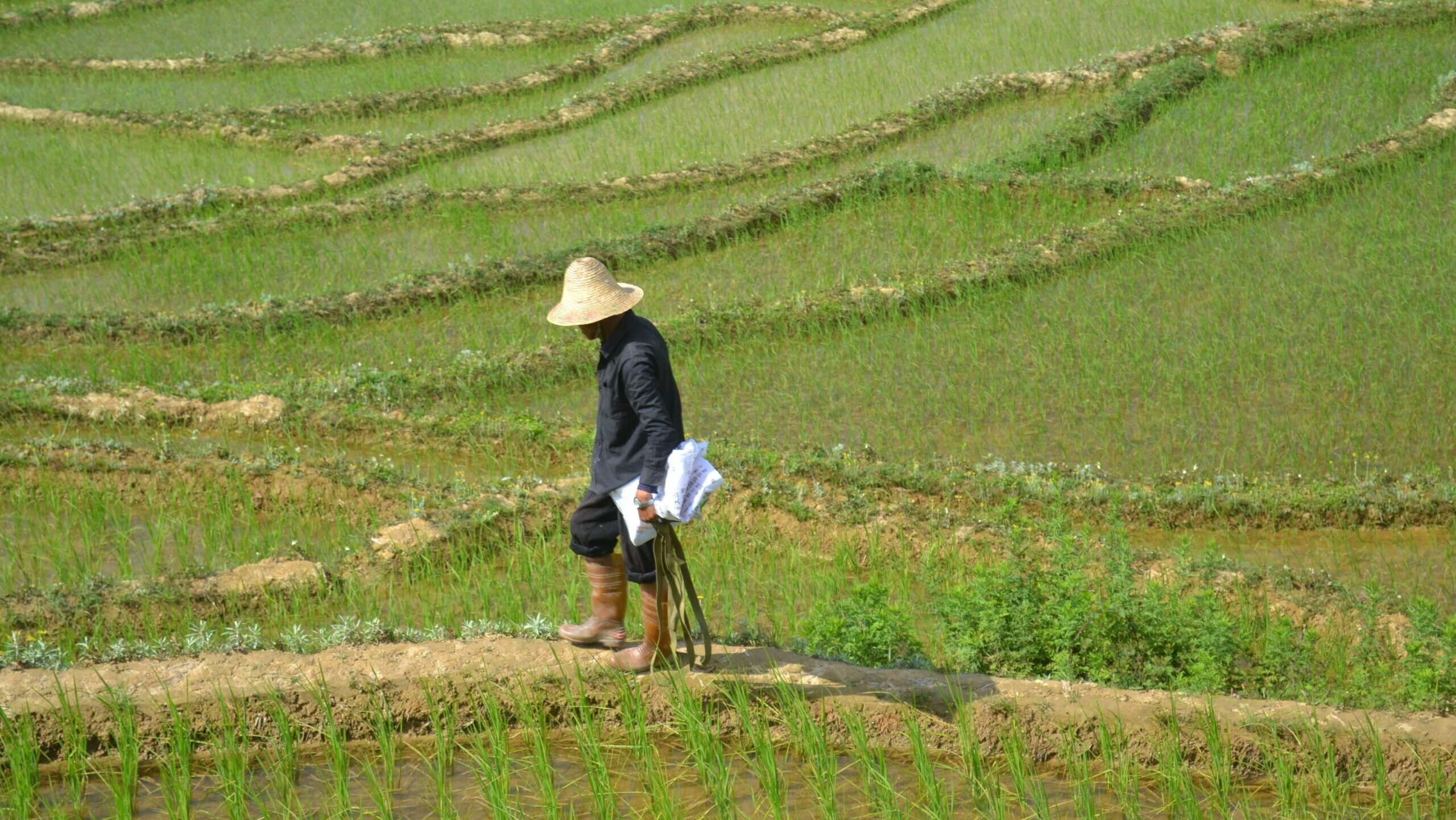China’s rural landscape is at a crossroads. A recent article by China Daily studied the key measures outlined in China’s 2025 Foreign Investment Action Plan and the broader implications for foreign investors. These policies underscore China’s commitment to fostering a more open and investment-friendly economy, which is crucial for the sustainable development of its rural areas.
The country is grappling with significant socio-economic disparities between its urban and rural communities. These challenges are not unique to China; rural economies worldwide face similar issues. In Asia, over 40% of the population still resides in rural areas. For other regions, approximately 15-30% of the population lives in rural regions (Middle East: 30%, Europe: 25%, Australia & New Zealand 15%, and the US: 19%).
This global context highlights the relevance and urgency of China’s Comprehensive Rural Revitalisation Plan (2024-2027), a strategic blueprint aimed at transforming rural areas into hubs of sustainable development, economic vitality, and social equity.
At the heart of this transformation lies the role of small and medium-sized enterprises (SMEs). These businesses are not only key drivers of innovation and employment but also critical agents in bridging the urban-rural divide. As China doubles down on its rural revitalisation efforts, SMEs have a unique opportunity to adapt, thrive, and contribute to a more resilient and inclusive economy.

As China doubles down on its rural revitalisation efforts, SMEs have a unique opportunity to adapt, thrive, and contribute to a more resilient and inclusive economy.
The Comprehensive Rural Revitalisation Plan: A Game-Changer for SMEs
China’s rural revitalisation strategy is a multi-faceted approach that integrates economic, environmental, and social dimensions. Key pillars include:
- Agricultural Modernisation: Leveraging technology to improve productivity, reduce waste, and promote sustainable farming practices.
- Rural-Urban Connectivity: Enhancing infrastructure to facilitate the flow of goods, services, and talent between urban and rural areas.
- Talent Reskilling: Equipping rural populations with the skills needed to thrive in a modern, digital economy.
- Dual Circulation Strategy: Boosting domestic consumption while maintaining global trade ties, creating new markets for rural products.
For SMEs, these pillars present a wealth of opportunities across various sectors:
- Agri-tech Startups: These startups are at the forefront of transforming agriculture through innovations such as precision farming, smart irrigation systems, and drone technology. By integrating artificial intelligence, big data, and IoT, agri-tech startups can enhance crop yields, reduce resource usage, and improve overall farm management.
- Machinery and Equipment Manufacturers: Companies in this sector can develop and supply advanced machinery tailored to the needs of modern agriculture, such as automated harvesters and planting equipment. This not only boosts efficiency but also addresses labour shortages in rural areas.
- Banks and Financial Services: Financial institutions play a crucial role by providing accessible credit and financial products tailored to the needs of rural businesses. Fintech innovations, such as mobile banking and blockchain, can enhance financial inclusion and support the growth of rural SMEs.
- Logistics Providers: Efficient logistics are essential for connecting rural producers with urban markets. Investments in rural logistics infrastructure, such as cold-chain storage and transportation networks, can significantly reduce post-harvest losses and ensure timely delivery of goods.
- E-commerce: E-commerce platforms bridge the gap between rural producers and urban consumers, enabling rural businesses to reach a broader market and promoting economic sustainability and job creation in rural areas. By providing an online marketplace, e-commerce facilitates the direct sale of agricultural produce, handcrafted goods, and other local products. Additionally, mobile-based e-commerce platforms enhance financial inclusion by enabling secure transactions in regions with limited access to traditional banking services.
- Government Initiatives: Government policies and support are vital for the success of rural revitalisation. This includes subsidies, tax incentives, and infrastructure investments aimed at creating a conducive environment for SMEs to thrive.

For those looking to gain firsthand experience while making a tangible impact, GIFT’s upcoming flagship Global Leaders Programme (GLP) in May 2025 offers a transformative opportunity.
“
A Unique Opportunity Through GIFT’s 2025 Global Leaders Programme: Igniting China’s Rural Economy Through SME Business Upskilling
For those looking to gain firsthand experience while making a tangible impact, GIFT’s upcoming flagship Global Leaders Programme (GLP) in May 2025 offers a transformative opportunity. Hosted in Hong Kong (for Module 1’s classroom-based learning) and Chengdu, China (for Module 2’s experiential field project), this immersive program will take participants to the heart of China’s rural revitalisation efforts.
In partnership with the Sichuan Haihui Poverty Alleviation Center, participants will:
- Engage in site visits at model villages and stakeholder interviews with tech-pioneers and subject-matter experts in the Sichuan Province to understand the challenges and opportunities in rural SME development.
- Conduct research and participate in facilitated discussions to craft innovative, scalable solutions for Haihui. By the end of the programme, the cohort will have collectively produced a robust business plan that can be implemented at scale, empowering rural economies through business upskilling and technology-driven growth. This is a rare chance to be part of a movement that is reshaping China’s rural landscape and creating opportunities for sustainable development.
This programme is not just about learning—it is about doing. Participants will gain practical leadership skills to navigate 21st century challenges faced by businesses and governments, deepen their understanding of China’s development policies, and contribute to meaningful social impact. Themes such as rural-urban connectivity, talent reskilling, and China’s dual circulation strategy will be explored, offering insights with global relevance.
Apply now to secure your spot.
Lianna is a Programme Associate at GIFT Hong Kong. She is involved in the ideation, planning and execution of GIFT’s leadership programmes and conferences. Prior to joining GIFT, Lianna was a consultant at a Big 4 consulting firm in London, focusing on the design and implementation of large-scale public sector initiatives. She holds a Law LLB from the University of Warwick.




